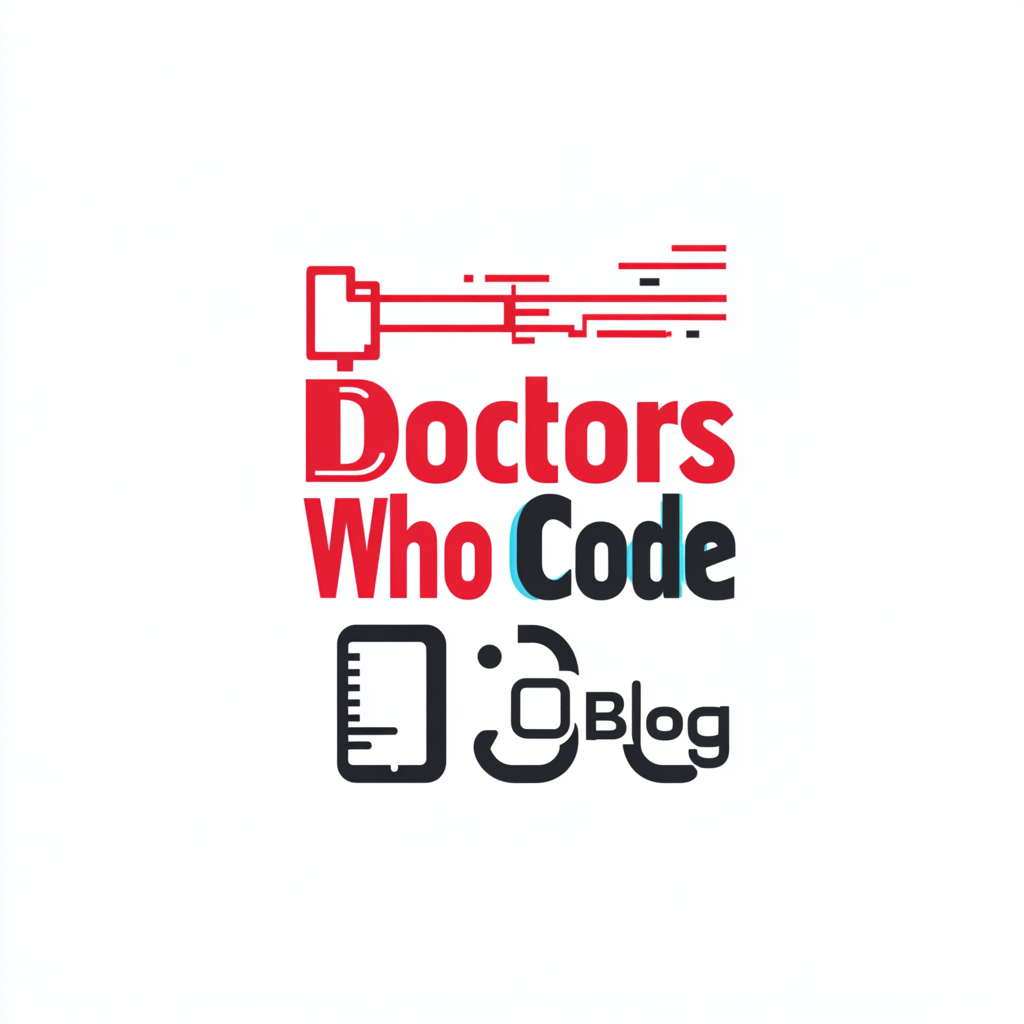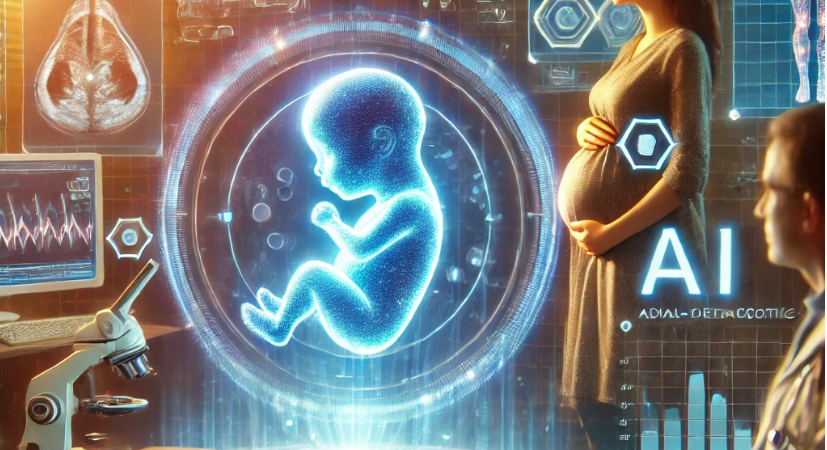Unlocking the Potential of Artificial Intelligence for Safer and More Personalized Pregnancies
Artificial intelligence (AI) is transforming maternal-fetal medicine (MFM), offering groundbreaking solutions to enhance prenatal care. From analyzing fetal ultrasounds with precision to predicting pregnancy complications early, AI is empowering healthcare providers and improving outcomes for mothers and babies alike.

How AI is Enhancing Prenatal Care
1. Diagnostic Precision Through Machine Learning
AI-powered algorithms excel in analyzing fetal ultrasound images, detecting abnormalities with remarkable accuracy. For example, advanced systems now evaluate fetal heart structures to identify congenital anomalies earlier than ever before. These tools augment clinical expertise by serving as reliable second opinions.
2. Predicting Complications with Data Insights
Leading medical centers are already harnessing AI for real-time risk assessment. At Stanford Medical Center, researchers developed an AI model capable of predicting pregnancy complications with 80% accuracy by analyzing maternal and fetal vital signs. Similarly, Mount Sinai Hospital’s AI platform reduced false positives in preeclampsia screening by 40%, improving resource allocation and patient care.
3. Revolutionizing Prenatal Genetic Screening
AI is advancing non-invasive prenatal testing (NIPT) by analyzing cell-free fetal DNA with greater precision. This reduces the need for invasive procedures like amniocentesis, minimizing risks for both mother and fetus. AI’s contributions to genetic screening are shaping a future of safer and more accurate diagnostics.
Challenges and Ethical Considerations
While the benefits of AI in MFM are significant, its integration raises ethical and logistical concerns:
– Data Privacy and Bias: Ensuring diverse, representative data sets is crucial to prevent healthcare disparities.
– Integration with Existing Systems: Many facilities face challenges in incorporating AI into electronic health records (EHRs).
– Cost and Accessibility: Smaller healthcare providers may struggle with the financial burden of implementing AI technologies.
Maintaining a balance between AI automation and human judgment remains vital to preserving the personalized nature of maternal care.
What the Future Holds: Personalized Medicine
The next frontier for AI in maternal-fetal medicine lies in precision medicine. By tailoring prenatal care plans to individual genetic profiles and risk factors, AI can help healthcare providers manage high-risk pregnancies more effectively. Personalized approaches hold the promise of better maternal and fetal health outcomes.
Key Takeaways for Expectant Mothers and Healthcare Providers
– Stay Informed: AI technologies are rapidly evolving. Understanding their potential helps patients make educated decisions about prenatal care.
– Seek Expertise: Work with healthcare providers trained in using AI-enhanced tools for optimal results.
– Advocate for Equity: Encourage the use of inclusive data and ethical practices in AI implementation.
Conclusion: AI’s Transformative Role in Maternal-Fetal Medicine
Artificial intelligence is revolutionizing how we monitor and manage pregnancies. By addressing challenges thoughtfully and adhering to ethical standards, AI can bridge gaps in prenatal care, ensuring every mother and baby receives the attention they deserve. As AI continues to evolve, its role in maternal-fetal medicine will undoubtedly expand, shaping the future of prenatal care for the better.
FAQ: Common Questions About AI in Maternal-Fetal Medicine
Q: Can AI replace my doctor?
A: No, AI is designed to support healthcare providers, not replace them. It serves as a powerful tool to enhance clinical decision-making.
Q: Are AI predictions always accurate?
A: While AI has high accuracy rates, its predictions should always be reviewed in the context of clinical expertise.
Q: Is AI prenatal care accessible to everyone?
A: Accessibility varies by location and healthcare provider. Efforts are ongoing to make these advancements more widely available.
Chuck.

